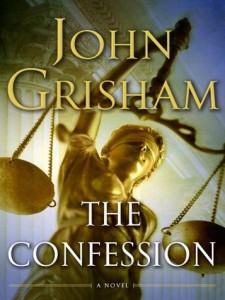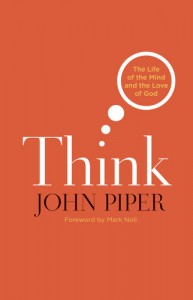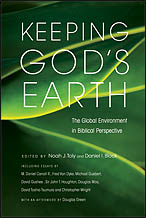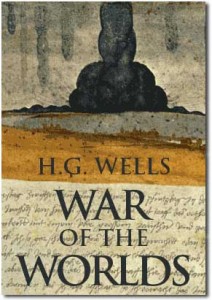In the time I’ve been at LifeWay, I’ve connected with some old friends. A couple of guys recommended we start a book discussion lunch every week in which we would choose books we’ve been reading and share a brief summary and some quick reflections with each other. I thought it would be neat to let readers listen in on our conversation. So here’s the rundown of our first lunch meeting:
 The Confession
The Confession
by John Grisham
DoubleDay, 2010
I hated Grisham’s attempt at short stories (Ford County – see my review here) and I thought the ending of The Associate was weak (review here). So when I picked up Grisham’s newest, I was surprised that I couldn’t put it down. I admit – it’s a screed against the death penalty, though it’s written in a narrative format. I generally despise heavy-handed, preachy writing that uses a story to make a political point. But, for whatever reason, I thoroughly enjoyed this novel. When Grisham is passionate, he writes better, resulting in a tighter story and quicker pace. This riveting book is one of Grisham’s best.
 Think: The Life of the Mind and the Love of God
Think: The Life of the Mind and the Love of God
by John Piper
Crossway, 2010
Micah Carter gave us some thoughts on Piper’s newest book. Micah and I had both read this book, and we agreed that it is a great critique of relativism on the one hand and anti-intellectualism on the other.
As he began describing the book, Micah used words like “Piperesque,” “punchy” and “preachy,” which then led to a chorus of alliterated adjectives for this title: provocative, personal, pastoral, Puritan… etc – all of which happen to be apt descriptions. Micah most resonated with Piper’s insistence that we never pursue information for its own sake, but always as a way of pursuing truth. He was also intrigued by the way Piper demonstrated how Jesus and the Pharisees thought in logical categories.
Everyone at the table agreed that the cover for Think! is one of the best we’ve ever seen. Kudos to the Crossway design team.
 Keeping God’s Earth: The Global Environment in Biblical Perspective
Keeping God’s Earth: The Global Environment in Biblical Perspective
edited by Noah Toly and Daniel Block
IVP Academic 2010
Jed Coppenger did the heavy lifting for this week’s meeting, having recently read a book that features contributions from a number of Christian scholars and authors about the Christian responsibility for creation care. Jed thought the book was helpful in its attempt to raise awareness of serious environmental concerns. He found Doug Moo’s chapter on how our eschatology informs how we think about the environment to be the most helpful essay in the book.
At the same time, Jed was concerned that some of the contributors offer solutions that are too black-and-white. Aside from the typical swipes at conservatives for being too focused on one issue (like abortion) over against a broader view of human flourishing, Jed’s major hang-up with the book is that the problems and solutions are so clear cut that they leave little room for sincere Christians to disagree about how to interpret the data.
 The War of the Worlds
The War of the Worlds
H.G. Wells
Philip Nation wowed us with the most eclectic pairing of books. First, he whipped out his Kindle and showed us some of the highlighted sections of his recent reading through The War of the Worlds. Then, despite the oddness of the comparison, Philip found some similarities with a book now out of print, God Who Sends: A Fresh Quest for Biblical Mission by Francis DuBose (Broadman, 1983). Just as the father in Wells’ dystopian novel is seeking at all costs to keep his family together, in Dubose’s work we see an early articulation of a missional theology – the story of a God who rescues his children.
Michael Kelley was also at our lunch meeting, but we didn’t have time to get to his book. Next week…


















